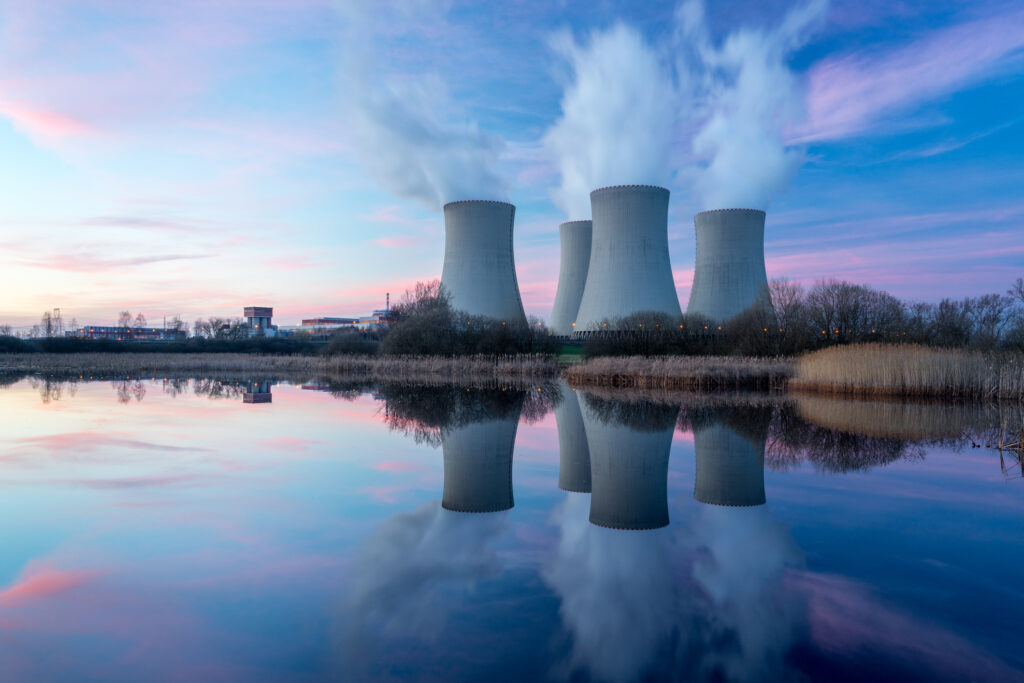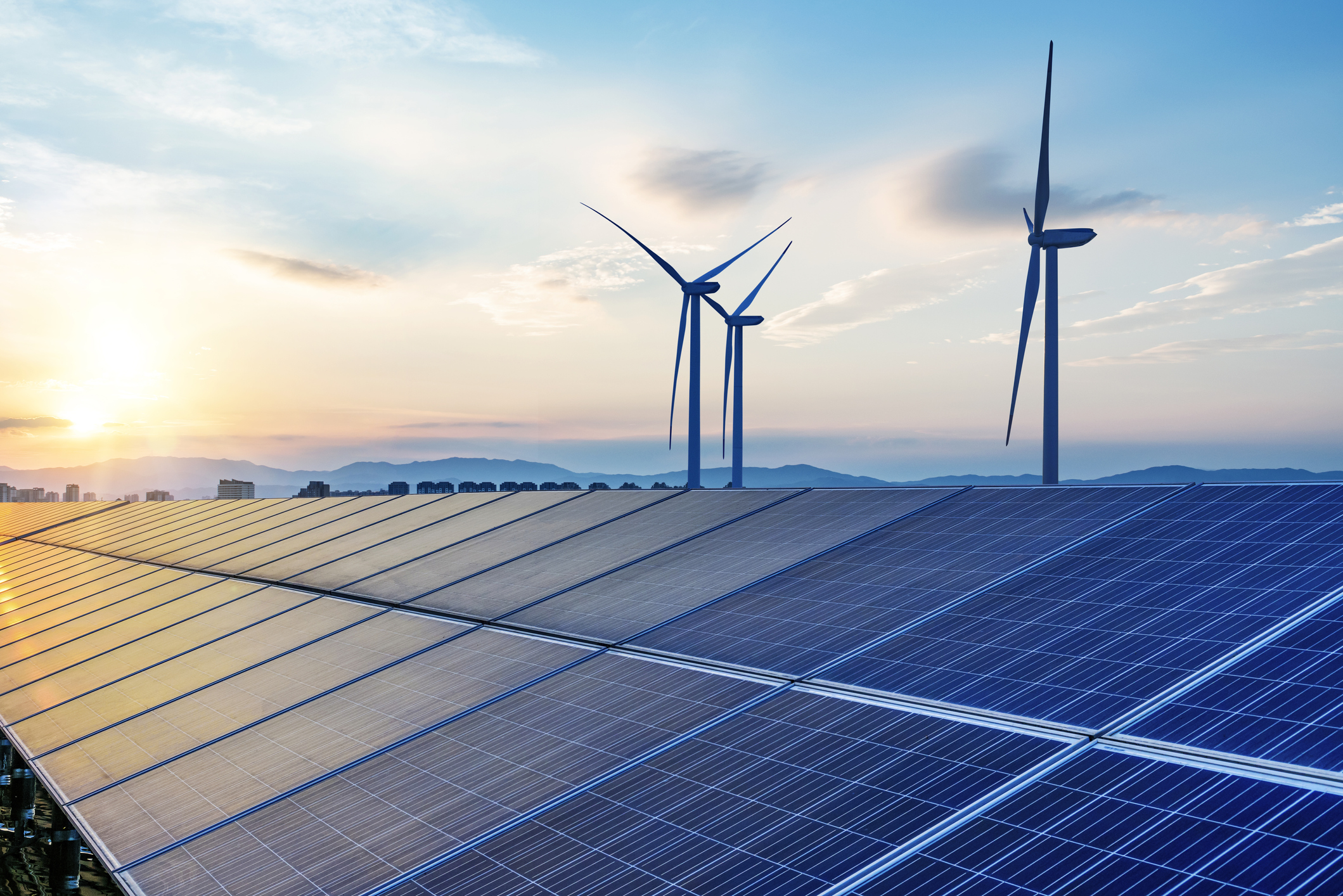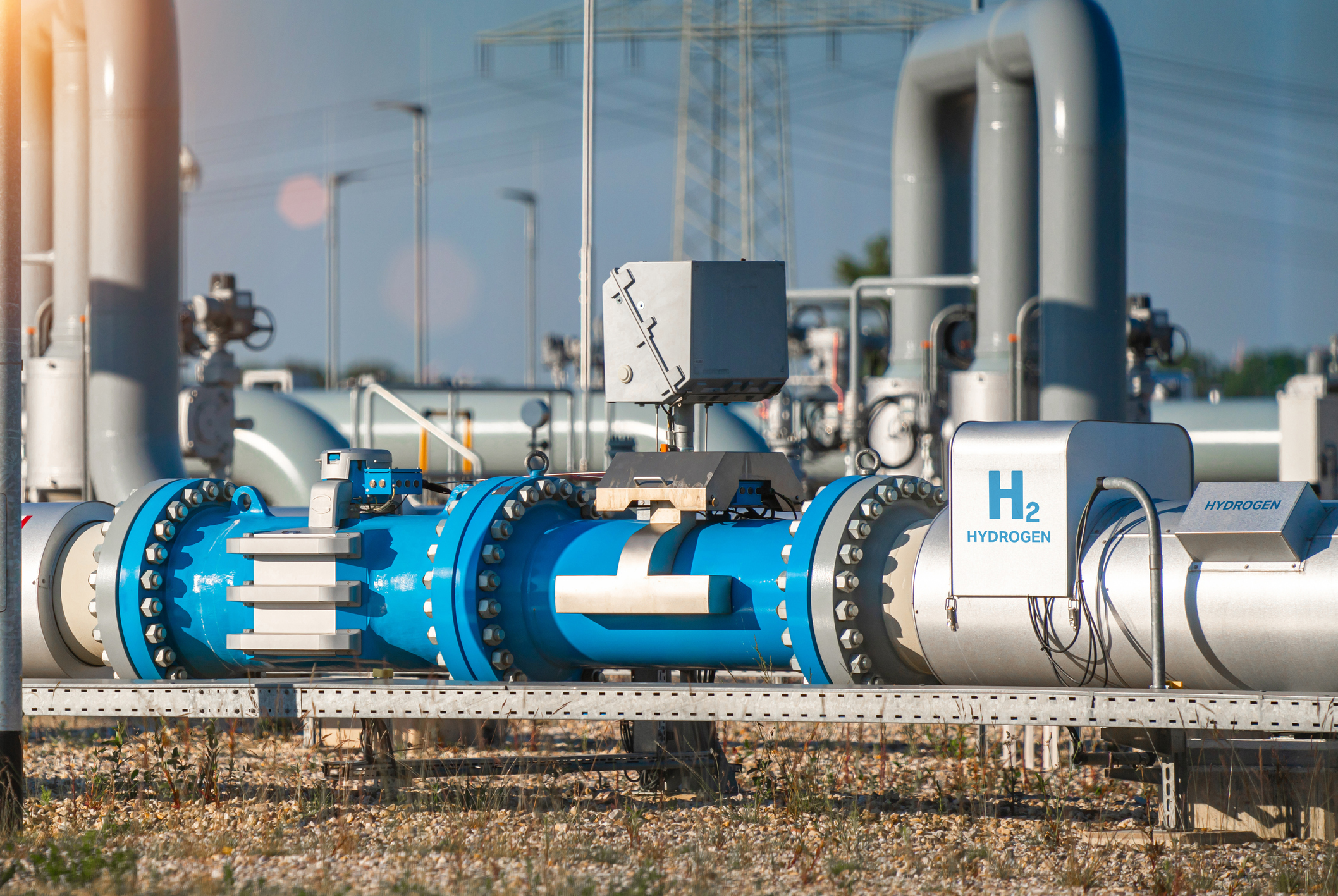
As states across the country wrestle with energy challenges and climate goals, lawmakers are increasingly turning to nuclear energy as a viable solution. Nuclear power, known for its reliability and zero-emission benefits, currently accounts for nearly 20% of the nation’s electricity generation, according to the U.S. Energy Information Administration (EIA). In recent legislative sessions, several states have introduced bills to promote nuclear energy through tax credits, financial grants, and the establishment of advisory commissions. This article explores these legislative efforts, highlighting the diverse approaches states are taking to integrate nuclear energy into their energy portfolios.
Colorado Bill Including Nuclear Energy as Clean Energy
SB 24-039 was introduced in the 2024 session to include nuclear energy as a source of clean energy under the current statutory definition for Colorado’s renewable energy standard and the Rural Clean Energy Project Finance Program. This would make nuclear energy projects eligible for clean energy project financing and allow qualifying retail utilities to use nuclear energy to meet the 2050 clean energy target.
The bill did not advance in Colorado’s 2024 legislative session.
Hawaii Bill Creating Nuclear Energy Commission
In January 2024, lawmakers introduced HB 1516 which would create the Nuclear Energy Commission. The bill notes that Hawaii currently relies on imported fossil fuels for over 80% of its energy generation and that one company controls nearly all of the energy distribution in Hawaii, which does not create an incentive for alternative energy sources.
Under the bill, the Commission would be tasked with studying the feasibility, risks, and benefits of developing nuclear energy generation facilities in the state. The bill did not advance in the 2024 legislative session.
Kentucky Governor Vetoes Bill, Legislature Overrides
In the 2024 legislative session, lawmakers unanimously passed legislation to establish the Kentucky Nuclear Energy Development Authority. The proposed bill aims to create an authority to advance nuclear energy in the Commonwealth, focusing on educating communities about its benefits, such as secure and cost-effective power and economic growth through job creation and tax revenues. This authority will provide public information on the history and current status of nuclear projects, promote educational and career opportunities in nuclear energy, and seek financial support for new projects. It will support communities transitioning from fossil fuels by providing resources to engage with regulators and developers on new nuclear facilities.
Despite Governor Andy Beshear (D) vetoing the bill, the legislature successfully overrode the veto. In his veto message, Beshear noted his support for nuclear energy but argued the bill creates the Authority as a state agency within the executive branch, with the board primarily appointed by the private sector or industry, not the governor. Beshear also noted the bill does not include an appropriation for a financial assistance program “for the development and location of nuclear energy-related projects to support the entire nuclear energy ecosystem” in the state.
Maryland Bill Establishing Nuclear Energy Development Task Force
HB 820 was introduced by Maryland lawmakers in January 2024. The proposed bill would establish the Nuclear Energy Development Task Force in Maryland to identify and address barriers to deploying nuclear power and related technologies. These include regulatory, financial, social, and educational challenges. The task force would develop recommendations for a permanent nuclear energy commission and consult with various stakeholders, including government agencies and private industry.
Under the bill, the task force would also study the need for different incentives for various nuclear development levels and make recommendations to help Maryland meet its net-zero greenhouse gas emission goals. Its report will cover the structure, staffing, mission, and goals of a permanent commission to foster nuclear industry development. The bill had a hearing in February 2024 and received an unfavorable report in March.
New Jersey Bills Related to Nuclear Energy
Numerous bills related to nuclear energy have been introduced by New Jersey lawmakers in the 2024-2025 session. One bill, S235, would establish tax credits and grants for the construction and operation of advanced nuclear energy facilities. The bill, which has not moved out of the Senate Environment and Energy Committee as of May 29, 2024, would offer a 15% corporate tax credit to manufacturers of nuclear facility equipment for new manufacturing equipment and facility upgrades. Additionally, the “New Jersey Advanced Nuclear Energy Development Program,” managed by the New Jersey Economic Development Authority in consultation with the Board of Public Utilities, would provide incentive tax credits for developers constructing and producing energy at advanced nuclear facilities.
Another bill, S1384, would establish the Nuclear Power Advisory Commission, which would be tasked with conducting a study and a report on the role nuclear energy power plants should play in New Jersey’s energy future. Under the bill, the Commission must consider factors like reliability, zero-emission benefits, and aligning with the Global Warming Response Act’s goals. It will also evaluate the impact of closing existing nuclear plants and monitor developments in emerging nuclear technologies. The commission would expire once it submits its report. Similar to S235, S1384 has not advanced past the Senate Environment and Energy Committee as of May 29, 2024.
Ohio Bill Classifying Nuclear Energy as Green Energy
In Ohio, HB 308 would update the definition of “green energy” in state law to include energy generated by nuclear reaction. This would build on legislation that was enacted last year that defined “green energy” to include energy generated by natural gas.
The bill aims to increase nuclear generation in Ohio, where 12% of all energy generated came from two nuclear plants in 2022. The bill’s sponsor emphasized the bill, if passed, would show Ohio’s readiness to collaborate with the nuclear industry.
The bill passed the House Energy and Natural Resources Committee in April 2024 but has not advanced further since then.
From The Experts
Expert insights from the authors at Duane Morris Government Strategies.
Ryan Stevens
The rise in the introduction of nuclear energy legislation by state lawmakers across the U.S. indicates a significant focus on exploring all available options to meet energy and environmental goals.
Latest News
Photo credit: iStock.com/hrui States have grappled with addressing climate change and transitioning toward sustainable energy sources. A critical component of these efforts lies in implementing Renewable Energy Standards, or Renewable Portfolio Standards, which aim to [...]
Photo credit: iStock.com/Fahroni In most of the United States, you can pull into a gas station and pump your own gas. However, according to the National Association of Convenience Stores, self-serve gas stations did not [...]
Photo credit: iStock.com/audioundwerbung On October 13, 2023, President Biden and Energy Secretary Jennifer Granholm announced the seven winners of the $7 billion hydrogen hub program during an event at the Port of Philadelphia. The announcement starts [...]
Photo credit: iStock.com/ArtemisDiana Electric vehicles (EVs) have gained popularity in the automotive marketplace. Simultaneously, state governments that utilize thousands of motor vehicles for various government purposes every day are transitioning their public fleets to EVs. [...]






Stay In Touch